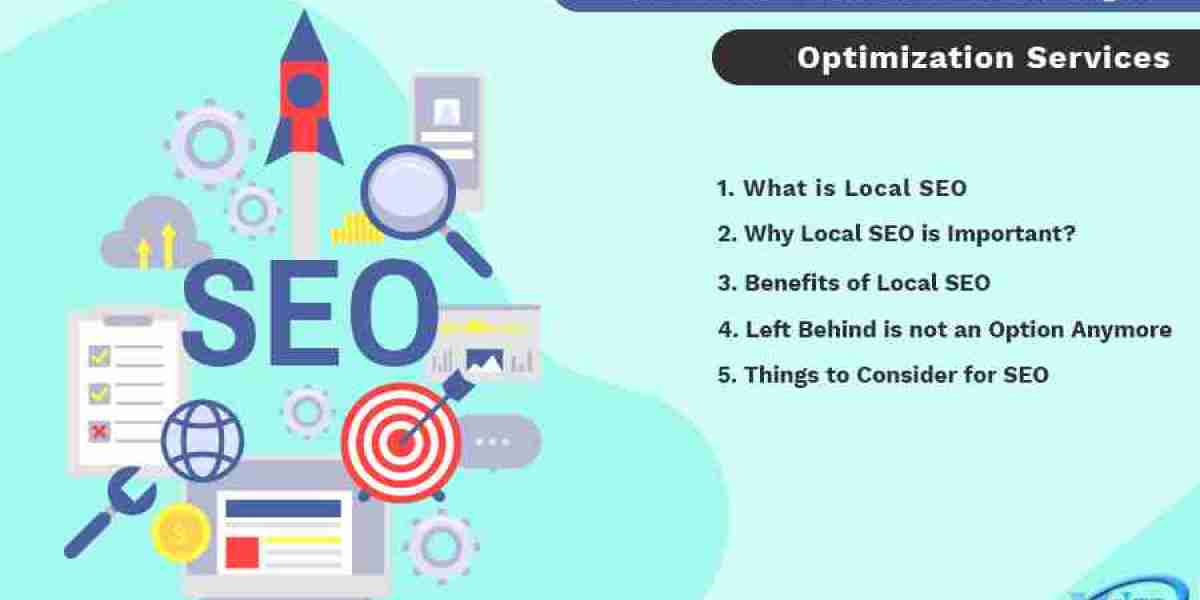The rapid advancement of artificial intelligence (AI) has sparked widespread debate on whether AI tools can replace human jobs. As AI technologies continue to evolve, they promise to reshape industries, enhance productivity, and drive innovation. However, concerns have also emerged regarding the displacement of human workers, with many fearing that automation could render certain jobs obsolete. In this article, we’ll delve into Can AI (artificial intelligence) Tools Replace Human Jobs? Reality vs. Myth.
Understanding Artificial Intelligence and Its Capabilities
Artificial Intelligence refers to the simulation of human intelligence processes by machines, especially computer systems. These processes include learning, reasoning, problem-solving, perception, and language understanding. AI is already being applied in numerous fields, including healthcare, finance, manufacturing, and customer service. Some of the most prominent forms of AI include machine learning, natural language processing, robotics, and computer vision.
While AI can perform specific tasks faster, more accurately, and without human error, it is essential to differentiate between tasks that AI excels at and those that require human cognition, creativity, and emotional intelligence.
The Myth: AI Will Replace All Human Jobs
The notion that AI will replace all human jobs is one of the most common myths associated with automation. Critics argue that as AI systems improve, they will render most jobs irrelevant. While AI will undoubtedly lead to job transformations, the idea that AI will completely replace human workers across all industries is overly simplistic.
Why is This a Myth?
AI is Task-Specific, Not General Intelligence
One of the primary limitations of AI is its inability to replicate general human intelligence. AI tools excel in well-defined tasks, such as sorting data, analyzing patterns, and automating repetitive tasks. However, they lack the creativity, intuition, and judgment that humans bring to complex problems. Jobs that require a high degree of human creativity, emotional intelligence, and ethical decision-making cannot be fully replaced by AI.AI Requires Human Supervision and Oversight
Even though AI systems can handle specific functions independently, they still need human intervention for tasks like monitoring, maintenance, and improvement. AI is designed to complement human abilities rather than replace them entirely. For instance, while an AI system can diagnose medical conditions based on patterns, a doctor’s expertise and empathy are required to make nuanced decisions and communicate with patients.AI Creates New Jobs
Contrary to the fear of job losses, AI is also responsible for creating new job opportunities. As businesses adopt AI technologies, there is an increasing demand for professionals who can develop, implement, and manage these systems. Jobs in AI research, data science, machine learning engineering, and AI ethics are rapidly emerging. Additionally, industries that integrate AI into their workflows will see a demand for skilled workers who can collaborate with AI systems and use them to solve real-world challenges.Human Skills Are Invaluable
While AI can analyze vast amounts of data and automate repetitive tasks, human workers bring crucial skills to the table, such as emotional intelligence, adaptability, and interpersonal communication. For example, in customer service, an AI tool might assist in handling basic queries, but human agents are still essential for complex problems that require empathy and personalized solutions.
The Reality: How AI is Transforming Jobs
While AI might not replace all jobs, it is undoubtedly transforming the nature of work. Some jobs will become obsolete, while others will evolve. Let’s explore some of the real-world impacts of AI on the job market.
1. Automation in Manufacturing and Logistics
AI-driven robots and machines have already revolutionized industries like manufacturing and logistics. In factories, AI systems are used to perform repetitive and precise tasks like assembling components, packaging, and quality control. This has increased efficiency and productivity, but it has also led to a reduction in manual labor jobs.
However, while AI may reduce the number of traditional factory workers, it creates new opportunities in fields like robotics maintenance, programming, and logistics management. Workers are required to adapt to new technologies, and there is a growing need for skilled technicians who can oversee and optimize AI-driven processes.
2. AI in Healthcare: A Complement, Not a Replacement
AI has the potential to revolutionize healthcare by improving diagnostic accuracy, enhancing treatment plans, and streamlining administrative tasks. For instance, AI tools are already being used to analyze medical images, predict patient outcomes, and assist in drug discovery.
However, AI in healthcare cannot replace doctors, nurses, or caregivers who provide emotional support, deliver nuanced patient care, and make complex ethical decisions. Instead, AI acts as a tool to enhance healthcare professionals' capabilities, allowing them to focus on more personalized and human-centered aspects of care.
3. Customer Service and Retail: AI-Powered Chatbots and Virtual Assistants
AI-powered chatbots and virtual assistants are becoming more common in customer service. These tools can handle routine queries, direct customers to the right resources, and even make product recommendations. However, as advanced as chatbots are becoming, they still lack the ability to engage with customers on a deeper emotional level or provide complex solutions that require human creativity.
In retail, AI is improving inventory management, demand forecasting, and personalized marketing, but sales associates remain essential for building relationships with customers and providing a personal touch that AI cannot replicate.
4. The Gig Economy: AI and Freelance Work
AI is also influencing the gig economy, which has seen significant growth in recent years. Freelancers are using AI tools for tasks like content creation, social media management, and data analysis. While AI can assist in these areas, human freelancers are still in demand for tasks that require creativity, originality, and emotional nuance.
AI may lead to the emergence of more specialized freelance roles, such as AI trainers, ethicists, and data curators, highlighting the adaptability of the gig economy.
Preparing for the Future: How Workers Can Adapt
Rather than fearing AI, workers can adapt and thrive in an AI-powered world by embracing continuous learning and upskilling. Here are a few steps that individuals can take to prepare for the future job market:
Focus on Human-Centric Skills
Developing skills in emotional intelligence, communication, and creativity will be invaluable. These are areas where humans continue to outperform machines.Learn to Work with AI
Learning how to work with AI tools will make workers more valuable in their respective fields. This includes understanding how to use AI to automate routine tasks and improve decision-making processes.Invest in Lifelong Learning
Given the rapid pace of technological change, staying updated on new advancements in AI and automation is crucial. Taking courses in AI, data science, and programming can open up new career opportunities.
Conclusion: The Coexistence of AI and Human Workers
The idea that AI will replace all human jobs is more of a myth than reality. While AI will undoubtedly impact certain sectors by automating tasks, the need for human skills like creativity, empathy, and judgment will remain essential in many industries. AI should be seen as a tool to enhance human capabilities, not as a replacement for human workers.
By embracing AI, upskilling, and focusing on human-centric abilities, workers can position themselves for success in an increasingly automated world. The future of work is one of collaboration between humans and machines, where AI enhances productivity and creates new opportunities rather than replacing jobs entirely.













